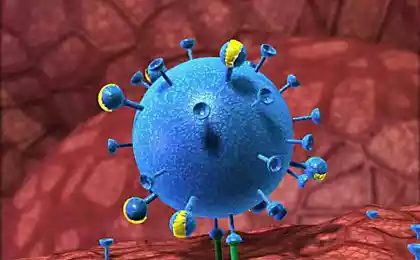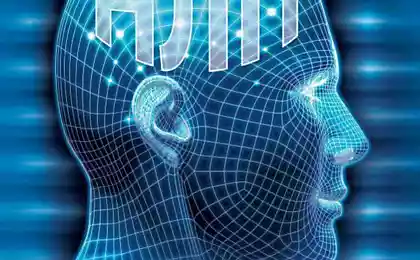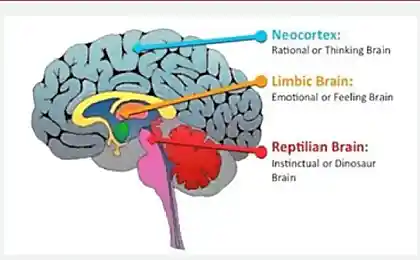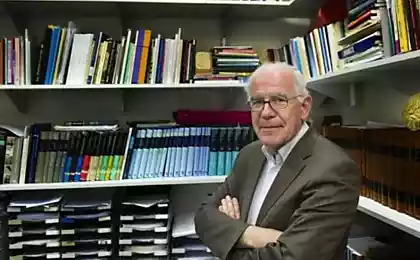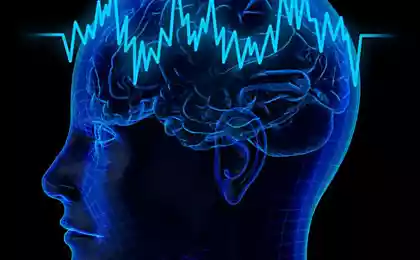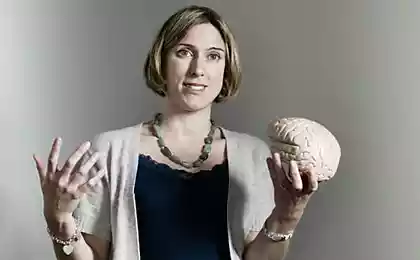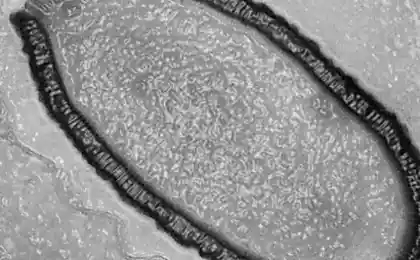515
Ancient viruses have played an important role in the formation of the human brain
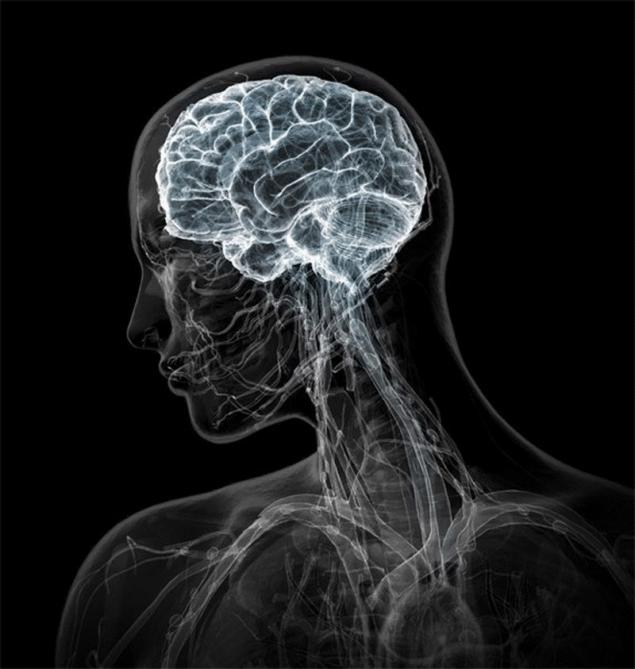
As a rule, we are negative to the virus, as they can pose a serious threat to our lives. But Swedish researchers from the Lund University came to the conclusion that the virus has made an enormous contribution to the development of the human brain, and who knows what could come of humanity without their intervention.
Lund University located in Lund in southern Sweden, was founded in 1666 and is the second oldest University of the country. This University is famous for the fact that its walls are constantly conducted extensive research in various fields of science.
Recent study by researchers at Lund University shows that ancient viruses age in millions of years played a crucial role in the formation of a complex neural network that underlies the human brain.
Researchers have long been aware that endogenous retroviruses constitute around five percent of the human DNA. For many years, scientists believed this component DNA is just genetic garbage or a side effect of the evolution of mankind without any real value.
In its latest study, Dr. Johan Jacobson and his colleagues have demonstrated that retroviruses play a Central role in the basic functions of the brain. More specifically, these viruses are regulators of genes. The discovery proves that in the evolution of the virus deeper into the process of our cellular structure. One of the main reasons that these viruses are activated in the human brain, is the fact that tumors cannot form in nerve cells, unlike other tissues.
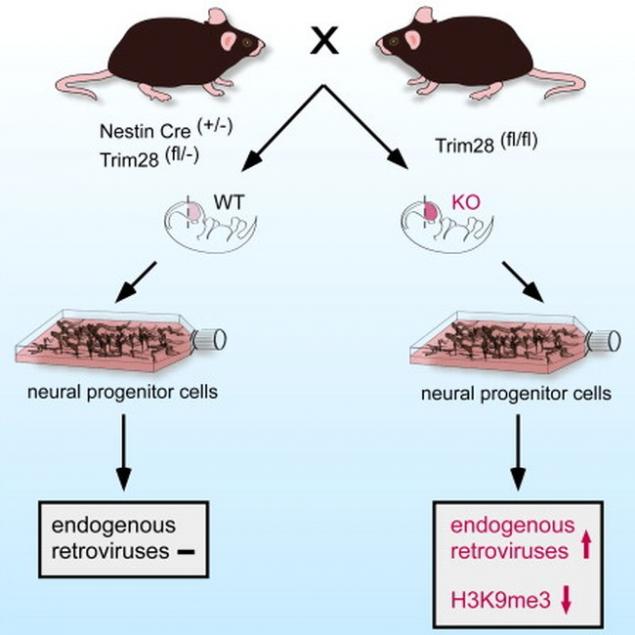
"We were able to observe how these viruses aktiviziruyutsya in brain cells and play a very important regulatory role. We are confident that the impact of retroviruses on the brain may explain why brain cells are so dynamic and functionally versatile. The differences are complex functions of a virus are also able to explain why all the people are different," explains Johan Jacobson, head of research in the field of molecular neurogenetic at Lund University.
The study of neural stem cells shows that these cells use a particular molecular mechanism control the activation processes of retroviruses. This discovery allows scientists to completely revise the approach to the study of the basal functions of the nerve cells. At the same time, it gives scientists the opportunity for new research in the field of brain diseases associated with genetic factors.
Source: hi-news.ru
